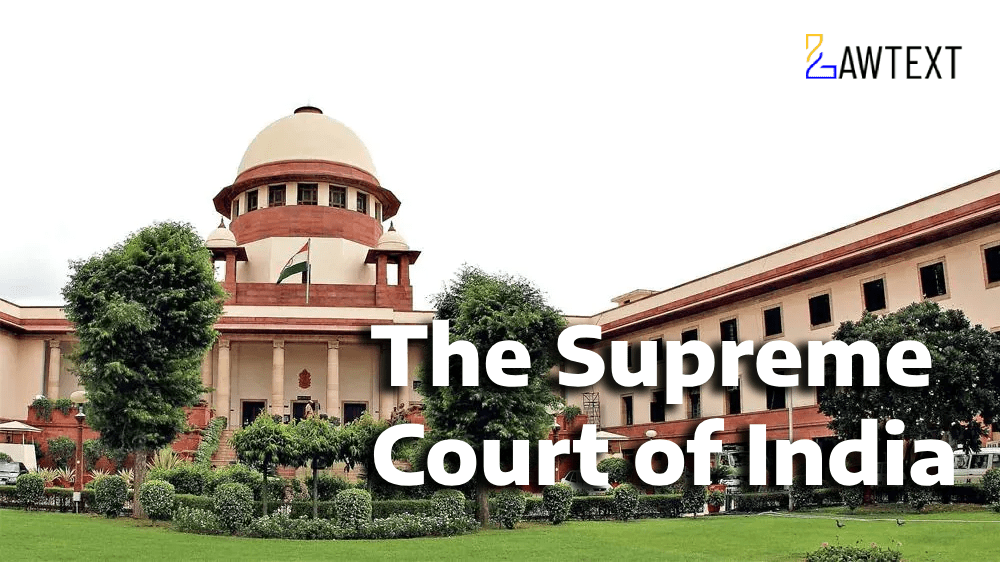

The Supreme Court overturned the convictions of the appellants under the NDPS Act due to procedural lapses in search, seizure, sampling, and chain of custody. The Court found that the prosecution failed to ensure the integrity of the evidence, leading to serious doubts about the validity of the charges.
1. Introduction & Background (Para 1-4):
The appellants were convicted by the trial court for offenses under the NDPS Act and sentenced to 10 years of rigorous imprisonment. The High Court upheld this conviction.
2. Seizure and Arrest (Para 5-7):
The police intercepted a vehicle and recovered three bundles of ganja (80 kg) after receiving a tip-off. The appellants were arrested at the scene, and samples were taken for forensic examination.
3. Prosecution’s Case (Para 8-12):
Based on the police investigation, four accused, including the appellants, were charged under the NDPS Act. The prosecution relied on witness testimonies and forensic reports.
4. Defense’s Submissions (Para 13-14):
The defense raised critical issues including:
5. State’s Arguments (Para 15):
The State contended that both the trial court and the High Court's concurrent findings were sufficient to convict the appellants, arguing that procedural gaps were immaterial.
6. Court's Discussion (Para 16-24):
The Supreme Court examined the evidence and noted the following:
7. Judgment (Para 25-27):
The Supreme Court found the prosecution's case riddled with procedural errors, including violations of evidence handling protocols. Consequently, it quashed the conviction and ordered the release of the appellants.
The prosecution’s failure to adhere to mandatory procedures under the NDPS Act, particularly regarding the integrity of the evidence and the sampling process, made the conviction unsustainable.
Subjects:
Quashing of conviction under the NDPS Act due to procedural violations.
#NDPSAct #SupremeCourt #GanjaSeizure #EvidenceHandling #ProceduralFlaws #CriminalAppeal
Citation: 2024 LawText (SC) (3) 3
Case Number: CRIMINAL APPEAL NO(S). 1610 OF 2023 WITH CRIMINAL APPEAL NO(S). 1611 OF 2023
Date of Decision: 2024-03-01
Case Title: Mohammed Khalid And Another Versus State Of Telangana
Before Judge: (B.R. Gavai, J ; Sandeep Mehta, J)
Advocate(s): C. Nageswara Rao, Vikram Hegde, Chitwan Sharma, Chinmayi Shrivastava, Shreeyash Uday Lalit, Tushar Singh, Praseena Elizabeth Joseph, Kumar Vaibhaw, Devina Sehgal, Mohd. Ashaab
Appellant: Mohammed Khalid And Another
Respondent: State Of Telangana